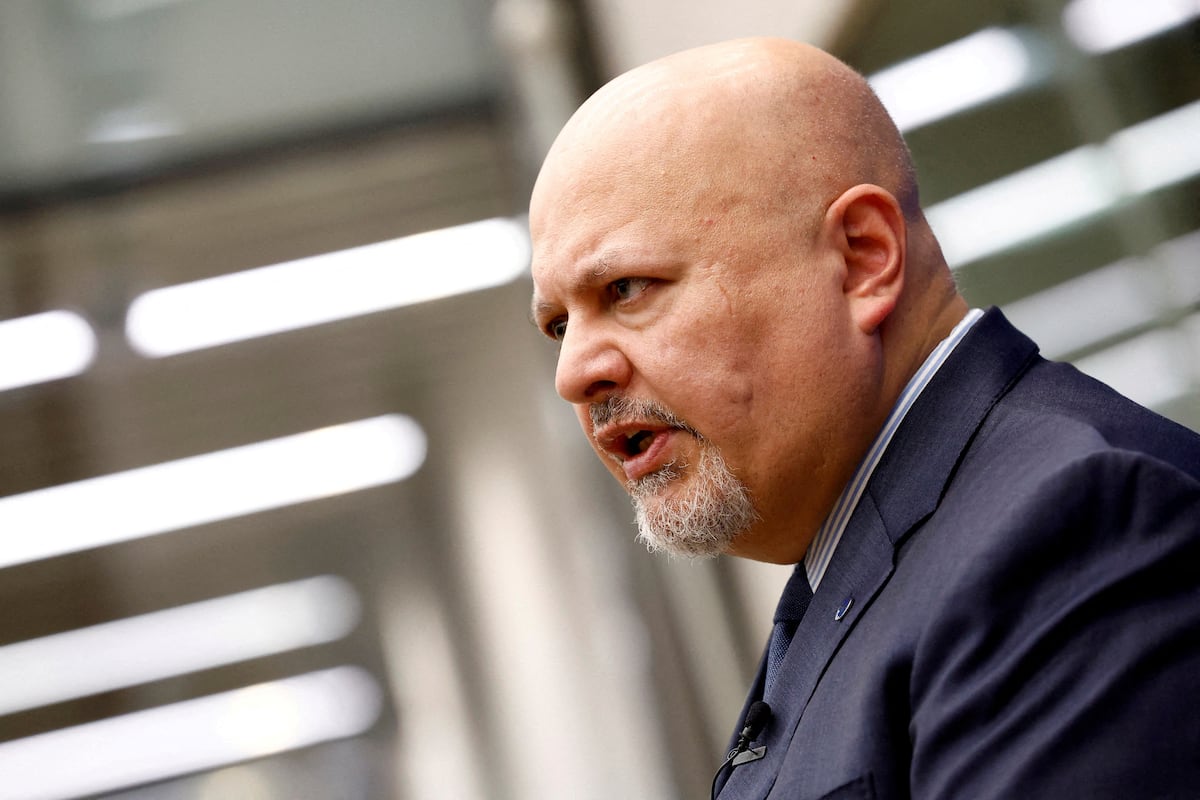Guardiana British newspaper but of great international relevance for the quality of its journalism, has decided to stop using the social network X (formerly Twitter). The communication group announced this Wednesday that it is closing its almost 80 official accounts on that platform, which it accuses of being “toxic.” They accumulated nearly 27 million followers. The last straw has been the use of X by billionaire Elon Musk, its current owner, to promote Donald Trump’s presidential candidacy in the United States.
“We have been considering [esta decisión] for some time, given the usual alarming content promoted or found on the platform, including far-right conspiracy theories and racism,” he explains. Guardian. “The US presidential elections have served to corroborate what we have been considering for a long time: that“It is a toxic media platform and its owner, Elon Musk, has used his influence to influence the political debate,” the newspaper states.
Guardian does not completely renounce a network that continues to host hundreds of millions of users and continues to be fundamental in the construction of national and international information. The newspaper makes it clear that network users will be able to post the linkswith its news, and the publication itself may include relevant comments or tweets in its articles. Your own journalistsThey may use the social network in their personal capacity for their work.
Since Musk took over Twitter in 2022 for 44 billion dollars (about 41 billion euros, at the current exchange rate) and renamed the platform, characters who had been banned from that network were able to gain a foothold on it again. For example, Alex Jones, who has spread conspiracy theories about the true authorship of the 9/11 attacks or the landing of man on the Moon; Andrew Tate, whose misogynistic theories are followed by millions of young men; or the British far-right agitator, Tommy Robinson, currently in prison.
The use of Xon the part of Musk, who calls himself a radical defender of freedom of expression, has been a key factor in Trump’s re-election. The platform’s ability to promote agitation and spread false information or attacks against the Democratic Party has far exceeded the ability of conventional media to direct public debate in the United States.
Guardian It thus follows in the footsteps of other media and institutions that have also decided to separate themselves from the social network, considering that its disadvantages and toxicity already outweighed the benefits it had for years. NPR, the American national public radio, decided to suspend its accounts on X in April last year. So did American public television PBS.
The Berlin Film Festival, the North Wales Police or even the Royal College of Orthopedics in the United Kingdom have joined the list of those who no longer feel comfortable with the values promoted by a platform, X, which for years It revolutionized the internal public debate of many countries and the international debate.







